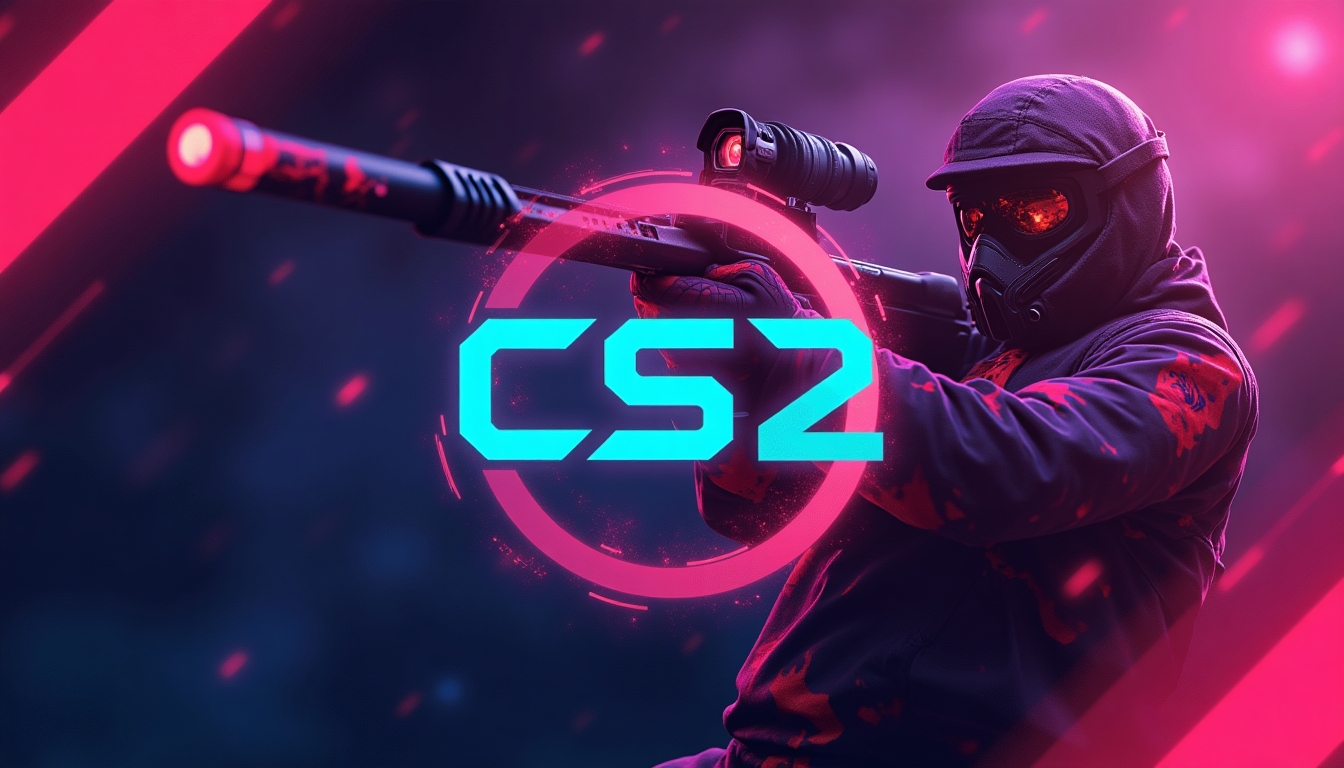On August 19, 2025, Complexity Gaming made a significant announcement that sent ripples through the esports community: the organization would be exiting the Counter-Strike 2 scene after an impressive 21-year tenure. Founded in 2003, Complexity has been a staple in esports, particularly in the Counter-Strike series. The decision to step back was attributed to ongoing financial challenges and an inability to maintain a tier-one roster, leading to a wave of nostalgia and reflection among fans and players alike.
CEO Jason Lake voiced the organization’s struggles, stating, “We have tried everything and turned over every rock and surfed for investment and revenue, but it’s just been an incredibly difficult time economically.” This announcement marks the end of an era for Complexity, which has been synonymous with success in competitive gaming for over two decades.
Historic Achievements of Complexity Gaming
Throughout its long history, Complexity has achieved remarkable milestones in the world of Counter-Strike. Notable victories include championships at prestigious tournaments such as ESWC 2005, CPL Summer 2006, and ESL Challenger Jönköping 2024. These accomplishments not only solidified their reputation but also paved the way for future esports organizations.
Complexity’s influence extended beyond titles; it helped shape the competitive landscape of esports. The organization was known for its commitment to nurturing talent, fostering a competitive spirit, and providing a platform for players to showcase their skills. As such, their exit from Counter-Strike 2 feels like a significant loss for the community.
Fans and analysts alike will remember Complexity not just for their victories but also for their pioneering role in the esports ecosystem. They set a standard for professionalism and dedication, inspiring countless organizations that followed in their footsteps.
Financial Struggles and Roster Changes
Despite a rich history, Complexity faced mounting financial difficulties leading up to their exit. The organization underwent significant roster changes in early 2025, parting ways with notable figures like coach Tiaan “T.c” Coertzen and players Jonathan “EliGE” Jablonowski and Ricky “floppy” Kemery. Such changes often indicate struggles within an organization, and in this case, they were symptomatic of deeper issues.
In an effort to rebuild, Complexity signed new players such as Danny “cxzi” Strzelczyk and Nick “nicx” Lee. However, these efforts proved insufficient to counteract the ongoing economic challenges. Ultimately, Complexity’s decision to withdraw from CS2 underscores the harsh realities many esports organizations face today.
This financial struggle also highlights the increasing costs associated with maintaining a competitive team in high-stakes esports. As the industry evolves, even historically successful organizations are not immune to these pressures.
Community Reaction
The announcement of Complexity’s exit elicited a mixed response from fans and the broader esports community. Many expressed disappointment, reminiscing about the glory days when Complexity was a dominant force in Counter-Strike. The organization’s legacy and historical achievements serve as a poignant reminder of what is being lost.
While some fans were supportive of the decision, understanding the financial constraints, others lamented the impact this would have on the competitive landscape. Jason Lake acknowledged the emotional toll of this decision, stating, “I know this is disappointing to a lot of people, and I get it. I promise we did everything we could.” This sentiment resonated with the community, as many appreciated the transparency regarding the challenges faced by the organization.
The emotions surrounding Complexity’s exit reflect a broader trend within esports, where financial sustainability often clashes with the passion and dedication that teams and players bring to their craft.
Future Plans for Complexity Gaming
Looking a, Complexity Gaming has no immediate plans to return to the Counter-Strike scene. Instead, the organization is shifting its focus to other areas of esports operations. This pivot suggests Complexity is adapting to the current landscape, seeking new opportunities beyond Counter-Strike.
The decision to explore different avenues is a strategic one, aimed at ensuring the longevity of the organization in an ever-evolving industry. By diversifying its portfolio, Complexity hopes to build a sustainable future, even if it means stepping away from a beloved franchise.
As Complexity navigates this transitional phase, fans will be watching closely to see how the organization reinvents itself while honoring its storied legacy.
Complexity Gaming‘s exit from Counter-Strike 2 marks the end of a significant chapter in esports history. With over 21 years of achievements, the organization’s impact on the competitive gaming landscape is undeniable. As they depart from CS2, they leave behind a legacy of excellence that will be remembered fondly by fans and players alike.
While the challenges facing Complexity are emblematic of broader issues within the esports industry, their commitment to exploring new opportunities signals hope for the future. As Complexity moves forward, the community will undoubtedly remain invested in their journey, celebrating past triumphs while anticipating what lies a.
